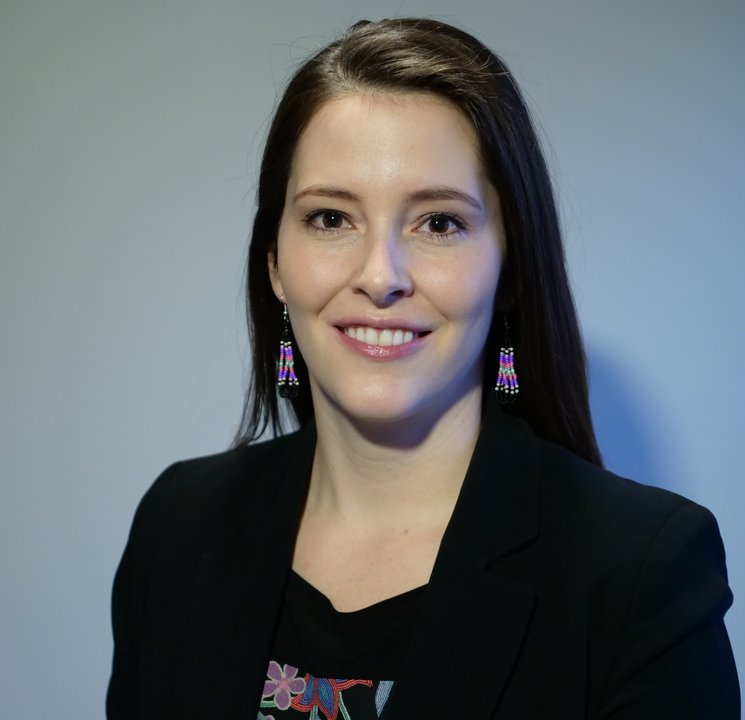
With her backpack on her shoulders, Dr. Cara Bablitz is always ready to respond to a call to care for a person who is homeless, on the street and dying.
In her role with the Palliative Care Outreach and Advocacy Team in Edmonton, Dr. Bablitz helps provide care to socially vulnerable patients across the city. “I was drawn to palliative care because there’s a lot of hope in [it] and you can learn so much about living from those who are dying,” says Dr. Bablitz.
Dr. Bablitz – who also practises at the Indigenous Wellness Clinic and is a clinical lecturer at the University of Alberta – received her medical degree from the U of A in 2011. In 2016, she received the Palliative Medicine Resident Research Award from the Canadian Society of Palliative Care Physicians for the best scholarly project by a resident.
As a Métis physician, Dr. Bablitz uses her expertise to assist vulnerable Indigenous patients who are often denied access to timely palliative care and end-of-life services. “Growing up, there was shame felt by my family and others about being Indigenous. My patients and elders have shown me the importance of assisting people in embracing their culture and the truth of where they came from, especially at end of life.”
Dr. Bablitz’s advocacy efforts extend beyond palliative care and individual patients. Last fall, as chair of the Alberta Medical Association Indigenous Health Committee, she drafted and co-presented the AMA’s new Indigenous Health Policy Statement, which will guide the association’s efforts to promote and support Indigenous health.
“There are major inequities in Indigenous health and we must do better. Reconciliation includes working together toward equitable care for all Indigenous peoples,” Dr. Bablitz says.